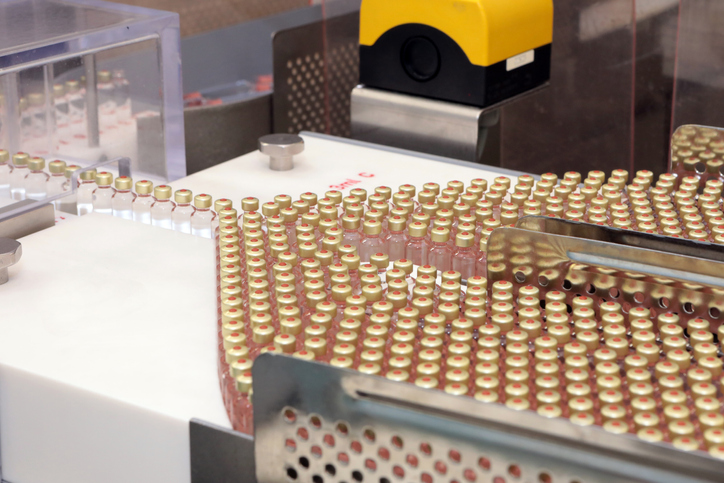An allogeneic cell therapy company now offering contract manufacturing services is advising advanced therapy manufacturers to diversify and collaborate closely with suppliers, as well as understanding regulatory requirements. Pluri, based in Israel, says they’ve gained experience bringing cell therapies based on donor cells through to Phase III of clinical trials. Lior Raviv, CTO, will share his advice on building supply chains for allogeneic cell therapies at the Terrapinn Advanced Therapy conference next week in London.
According to Raviv, an important first step is to understand the potential size of the market for a product based on donor cells.
“Our standpoint way of thinking is that, working within allogeneic therapies, we need to think big and start from there. If you’re targeting a rare disease, you might have a small market, but large indications have a large market right from the beginning,” he says.
Pluri spoke to a variety of regulators across the U.S., Europe, and South Korea early in its history to develop a CMC process that met a wide range of regulatory requirements.
Understanding regulatory needs early
“We understood regulatory needs from early in process development, so once we broadened our product to different territories, we didn’t have to start from the beginning,” he explains, adding that although challenging initially, this allowed the company to easily widen its operations across multiple regions for Phase III trials.
The company also worked early to reduce its reliance on a single supplier for both raw materials and technologies needed for manufacturing.
“Once you realize a raw material is important during early-stage process development, we work with our supply chain department to look for other alternatives,” he continues.
This prevents production from stopping if the supplier is no longer available and has helped reduce Pluri’s bill of materials because the firm is able to renegotiate contracts with suppliers if costs increase too much. Pluri also builds good relationships with their suppliers, allowing the company to collaborate on new processes or to rapidly meet customer requirements.
Finally, according to Raviv, the company has used supply chain insights from older biologic markets, such as monoclonal antibodies (mAbs). Shipping routes used for mAbs, for example, can be used to ship cell therapies in liquid nitrogen.
“We’re standing on the shoulders of giants,” he says. “But we’re also starting from scratch.”


